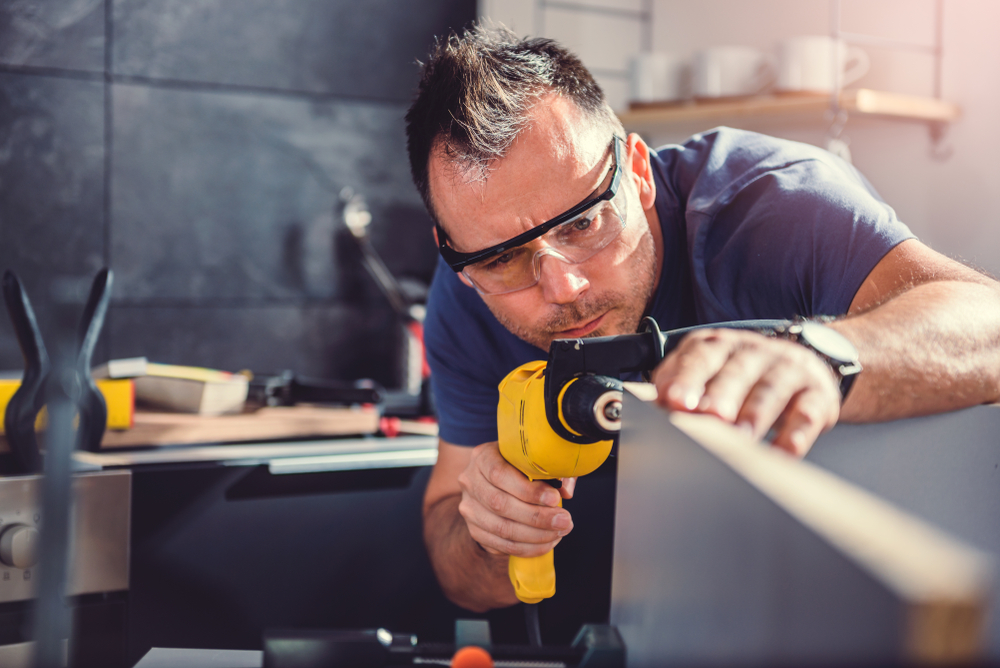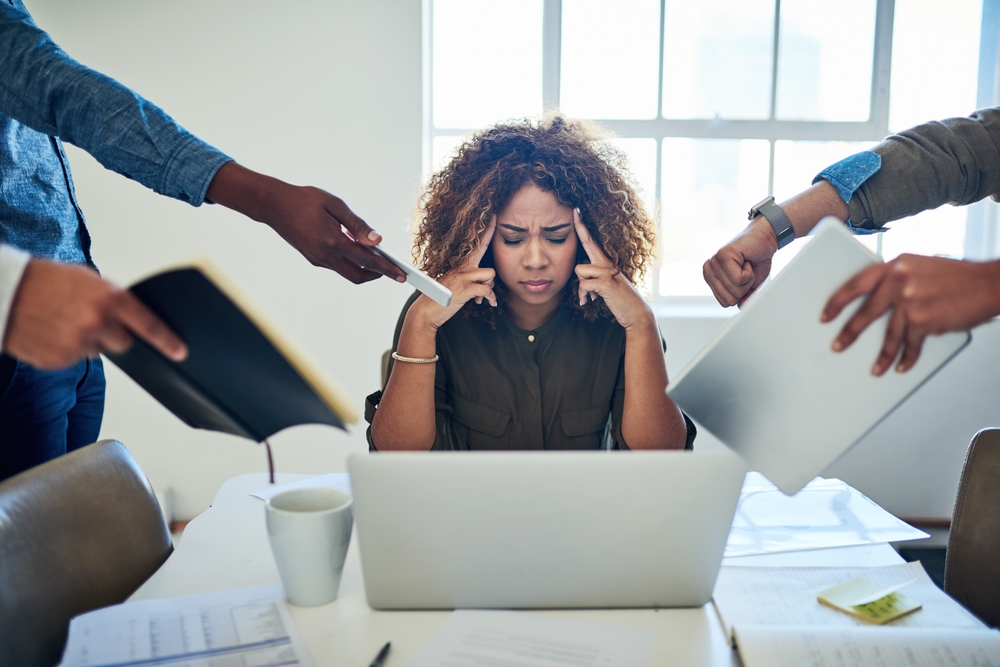Headphones are a staple in modern life, whether you’re using them for work, entertainment, or relaxation. However, their improper use can have long-term consequences for your hearing health. Whether you prefer over-ear headphones or discreet earbuds, understanding how they impact your ears is crucial to preventing irreversible damage.
The rise of headphone-related hearing loss
Hearing loss among younger generations has risen dramatically, with studies attributing this trend in part to the widespread use of headphones and earbuds, often at unsafe volume levels or for extended periods.
Hearing loss in younger generations
In the 1980s, hearing loss among children and teens was uncommon. Fast forward to today, and the statistics are alarming. A 2017 study by the American Academy of Pediatrics found that over 15% of 12- to 19-year-olds experience hearing loss exceeding 15 decibels.
The issue extends beyond adolescence. The Centers for Disease Control and Prevention (CDC) reported in 2019 that 20% of individuals in their 20s suffer from hearing loss or tinnitus, with more than half of these cases unrelated to occupational hazards.
The role of headphones
Young people often rely on headphones to block out background noise. However, when external sounds compete with music or other audio, they may crank up the volume, sometimes to levels that permanently harm their hearing. Devices like tablets and smartphones have amplified headphone usage, with nearly every child and adult owning a pair.
How headphones damage hearing
Prolonged exposure to loud sound delivered directly into the ear canal by headphones can impact hearing health.
Proximity to the ear
Unlike speakers, which distribute sound over a distance, headphones deliver audio directly into your ear canal. Prolonged exposure to sound at 85 decibels can result in permanent hearing damage within eight hours. High-pitched sounds, such as violins or soprano voices, may cause harm even more quickly.
Dangerous volume levels
Many headphones can reach up to 120 decibels—comparable to standing next to a jet engine. At this level, damage to the delicate structures of the inner ear can be instantaneous and irreversible.
Tips for choosing and using headphones safely
Ensure you and your family members use the following tips when purchasing and using headphones to protect hearing health.
- Opt for noise cancelling technology: Noise-canceling headphones reduce background noise, allowing you to enjoy your audio at lower volumes. This minimizes the risk of turning up the sound to unsafe levels in noisy environments.
- Avoid using headphones for long periods: Follow the “60/60 Rule”: limit listening to 60% of the maximum volume for no more than 60 minutes at a time. Afterward, give your ears a break of 10–15 minutes.
- Keep earbud usage to a minimum: While earbuds are convenient and discreet, they deliver sound directly into the ear canal without a buffer. Over-ear headphones provide a safer alternative by dispersing sound more evenly.
- Never compete with background noise: If your headphones aren’t noise-canceling, resist the urge to drown out external sounds by increasing the volume. This practice dramatically increases the risk of hearing loss.
- Set volume limits: Understand your device’s maximum volume and ensure you never exceed 60% of its capacity. Even brief exposure to higher volumes can lead to permanent hearing damage.
- Use both earpieces: Listening with only one earbud can lead to uneven sound levels, causing you to increase the volume unnecessarily. Always use both earpieces to maintain balance and avoid overexposure.
Alternatives to traditional headphones
For individuals with existing hearing loss, Bluetooth-compatible hearing aids are an excellent alternative. These devices seamlessly connect to smartphones, TVs, and other electronics, providing clear sound at safe levels.
Take action: schedule a hearing test
Whether you’re a long-time headphone user or new to the trend, it’s vital to prioritize your hearing health. Regular hearing tests can help identify any early signs of damage and guide you toward strategies for better hearing protection.
Find a hearing specialist near you to schedule a hearing test.



